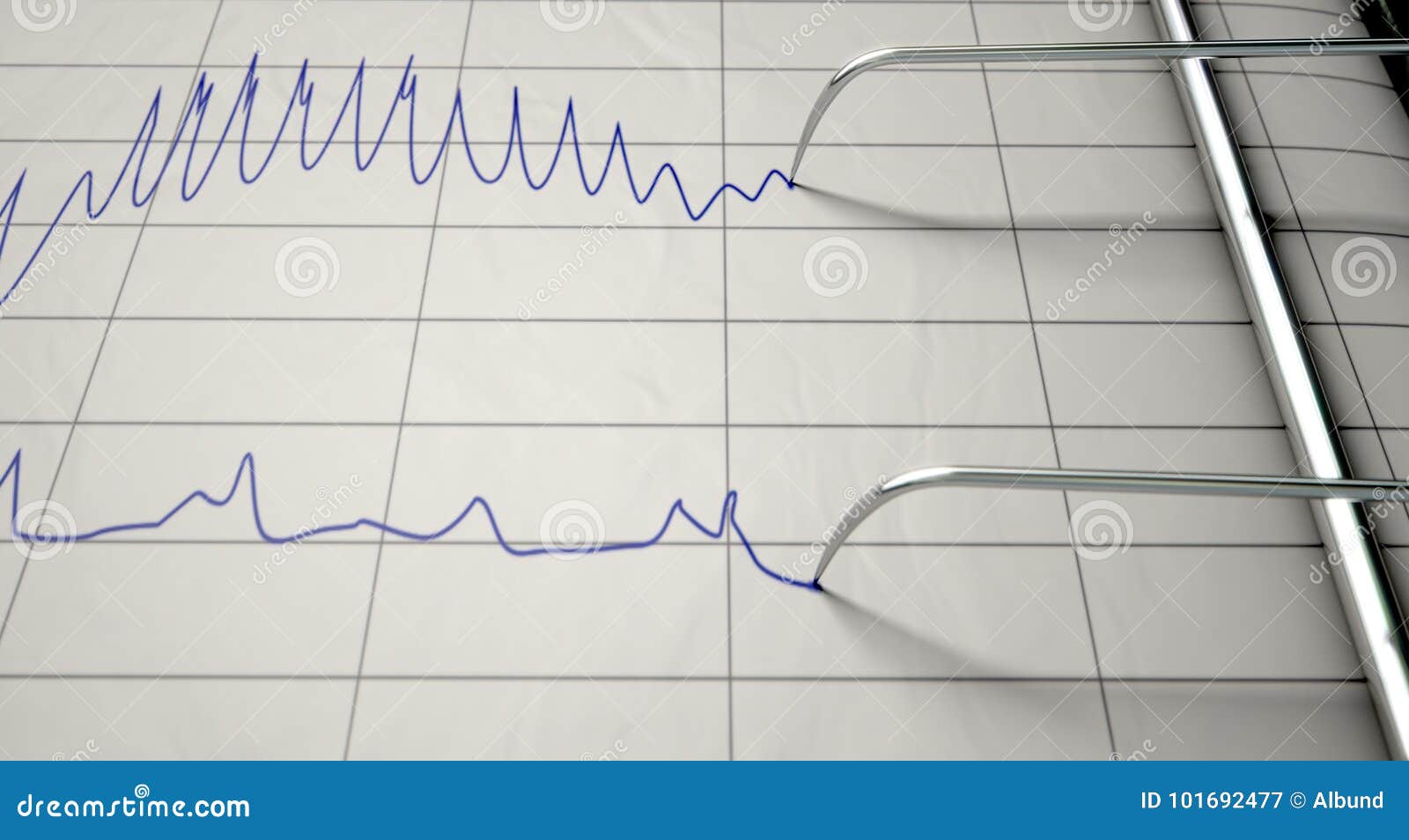The Truth Behind Lie Detector Tests: Unveiling Deception
The Truth Behind Lie Detector Tests: Unveiling Deception
Blog Article

In a world where truth and deception often dance in a delicate balance, lie detector tests have long held a fascination for both law enforcement agencies and the general public. Also known as polygraphs, these tests are designed to detect signs of deception by measuring various physiological responses when individuals are asked a series of questions. While often portrayed in movies and television as infallible instruments of truth, the reality behind lie detector tests is far more complex and nuanced.
The concept of lie detection using physiological indicators traces its roots back to the early 20th century, evolving over time to become a widely used tool in criminal investigations, pre-employment screenings, and even personal matters. However, the accuracy and reliability of lie detector tests have been a subject of much debate and scrutiny, raising questions about their admissibility in legal proceedings and their ethical implications. Understanding the science behind these tests and the psychology of deception can shed light on their limitations and potential impact on individuals subjected to them.
History of Lie Detector Tests
The origin of lie detector tests can be traced back to the early 20th century when psychologist William Moulton Marston invented the systolic blood pressure test, which later became a key component of modern polygraph examinations. Over the years, various techniques and methodologies have been developed to enhance the accuracy and reliability of lie detection.
One of the groundbreaking moments in the history of lie detector tests was the introduction of the polygraph machine by John Augustus Larson in 1921. Larson's invention revolutionized the field of forensic psychology by providing a scientific method for detecting deception based on physiological responses such as heart rate, blood pressure, and respiration.
Despite their widespread use in law enforcement and security settings, lie detector tests have faced criticism and controversy due to concerns about their validity and reliability. Ethical considerations surrounding the use of polygraphs continue to fuel debates about their effectiveness in accurately discerning truth from deception.
Accuracy and Controversies
Lie detector exam
Lie detector tests are often portrayed as highly accurate tools for uncovering deception. However, their reliability has been a topic of debate among experts in the field. While proponents argue that these tests can accurately detect signs of stress and deception, critics point out that factors such as anxiety, fear, and other emotional states can also trigger physiological responses that may lead to false results.
The controversy surrounding lie detector tests stems from the fact that they measure physiological responses, such as changes in heart rate, blood pressure, and skin conductivity, which can be influenced by various factors unrelated to deception. This has led to concerns about the potential for false positives and negatives, making it crucial to interpret the results of these tests with caution.
Despite the ongoing debates about their accuracy, lie detector tests continue to be used in various settings, including law enforcement and employment screenings. While some view them as valuable tools in uncovering the truth, others caution against relying solely on the results of these tests due to their limitations and the potential for inaccuracies.
Use of Lie Detector Tests Today
Lie detector tests are utilized in various fields today, ranging from law enforcement to employment screening. In the criminal justice system, polygraph exams are commonly used by investigators to aid in determining the veracity of statements made by suspects and witnesses. Despite their controversial nature, these tests continue to be a valuable tool in helping law enforcement officials narrow down leads and focus their investigations.
In the corporate world, lie detector tests are sometimes employed during the hiring process for sensitive positions where trustworthiness is paramount. These tests can provide employers with additional insight into an individual's honesty and integrity, helping them make more informed decisions when it comes to recruitment. However, the use of polygraphs in the workplace is subject to various legal restrictions and guidelines, varying by jurisdiction.
Furthermore, lie detector tests are also utilized in the field of national security and counterintelligence to identify potential security risks within organizations. By monitoring physiological responses such as heart rate and sweat gland activity, these tests can help uncover individuals who may pose a threat to classified information or national security interests. The ongoing development of technology in this area continues to shape the future applications of lie detector tests in identifying deception.
Report this page